Homemade Laundry Detergent
kellycrash
12 years ago
Related Stories
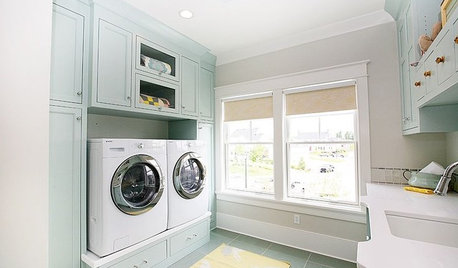
LAUNDRY ROOMS8 Tips for Cleaner, Greener Laundry
Let go of harsh chemicals and hot water, and go easy on your clothes, your wallet and the planet
Full Story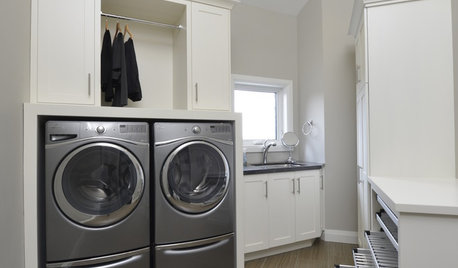
MOST POPULAR10 Smart Ideas for Your Laundry Room Remodel
Make washing and drying easier and more comfortable by considering ergonomics, storage and special features
Full Story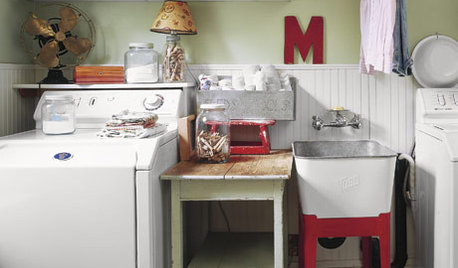
COTTAGE STYLE9 Sweet Ideas for an English Cottage Laundry Room
The soft, pretty colors and vintage touches of English cottage style make for a laundry room that's pleasant to spend time in
Full Story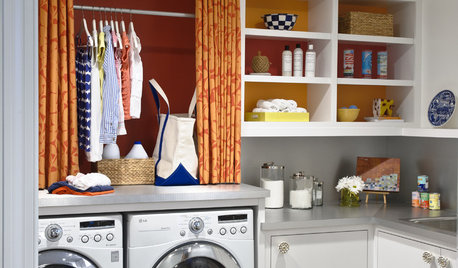
REMODELING GUIDESContractor Tips: Advice for Laundry Room Design
Thinking ahead when installing or moving a washer and dryer can prevent frustration and damage down the road
Full Story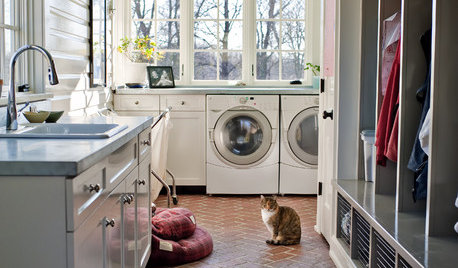
LAUNDRY ROOMSGet More From a Multipurpose Laundry Room
Laundry plus bill paying? Sign us up. Plus a potting area? We dig it. See how multiuse laundry rooms work harder and smarter for you
Full Story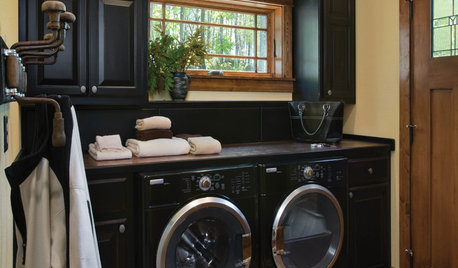
LAUNDRY ROOMSTop 10 Trending Laundry Room Ideas on Houzz
Of all the laundry room photos uploaded to Houzz so far in 2016, these are the most popular. See why
Full Story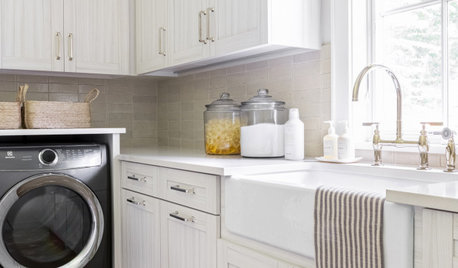
LAUNDRY ROOMS7-Day Plan: Get a Spotless, Beautifully Organized Laundry Room
Get your laundry area in shape to make washday more pleasant and convenient
Full Story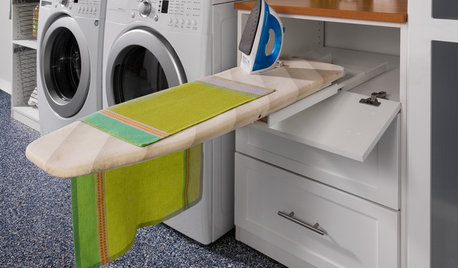
LAUNDRY ROOMS8 Ways to Make the Most of Your Laundry Room
These super-practical laundry room additions can help lighten your load
Full Story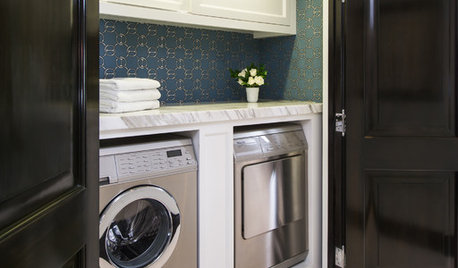
LAUNDRY ROOMSHouzz Call: Show Us Your Wonderfully Efficient Laundry Room
Got a drying rack, a folding table or clever storage in your laundry room? We want to see it!
Full Story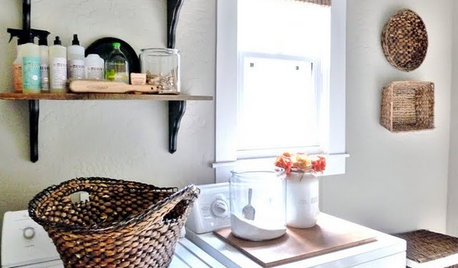
LAUNDRY ROOMS10 Great Laundry Room Ideas
Creative ways to sneak extra storage and time-savers into your laundry room
Full StoryMore Discussions






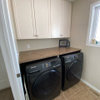
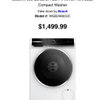


sshrivastava
markb
Related Professionals
Garden Grove Kitchen & Bathroom Remodelers · Winchester Kitchen & Bathroom Remodelers · Hammond Cabinets & Cabinetry · Potomac Cabinets & Cabinetry · University Park Cabinets & Cabinetry · Sacramento Custom Closet Designers · Santa Monica Custom Closet Designers · Severna Park Custom Closet Designers · Walnut Creek Custom Closet Designers · Hinsdale Custom Closet Designers · Cottage Grove Flooring Contractors · Dublin Flooring Contractors · Federal Way Flooring Contractors · Manteca Flooring Contractors · Oak Park Flooring Contractorsmarkb
dadoes
nerdyshopper
kellycrashOriginal Author
mara_2008